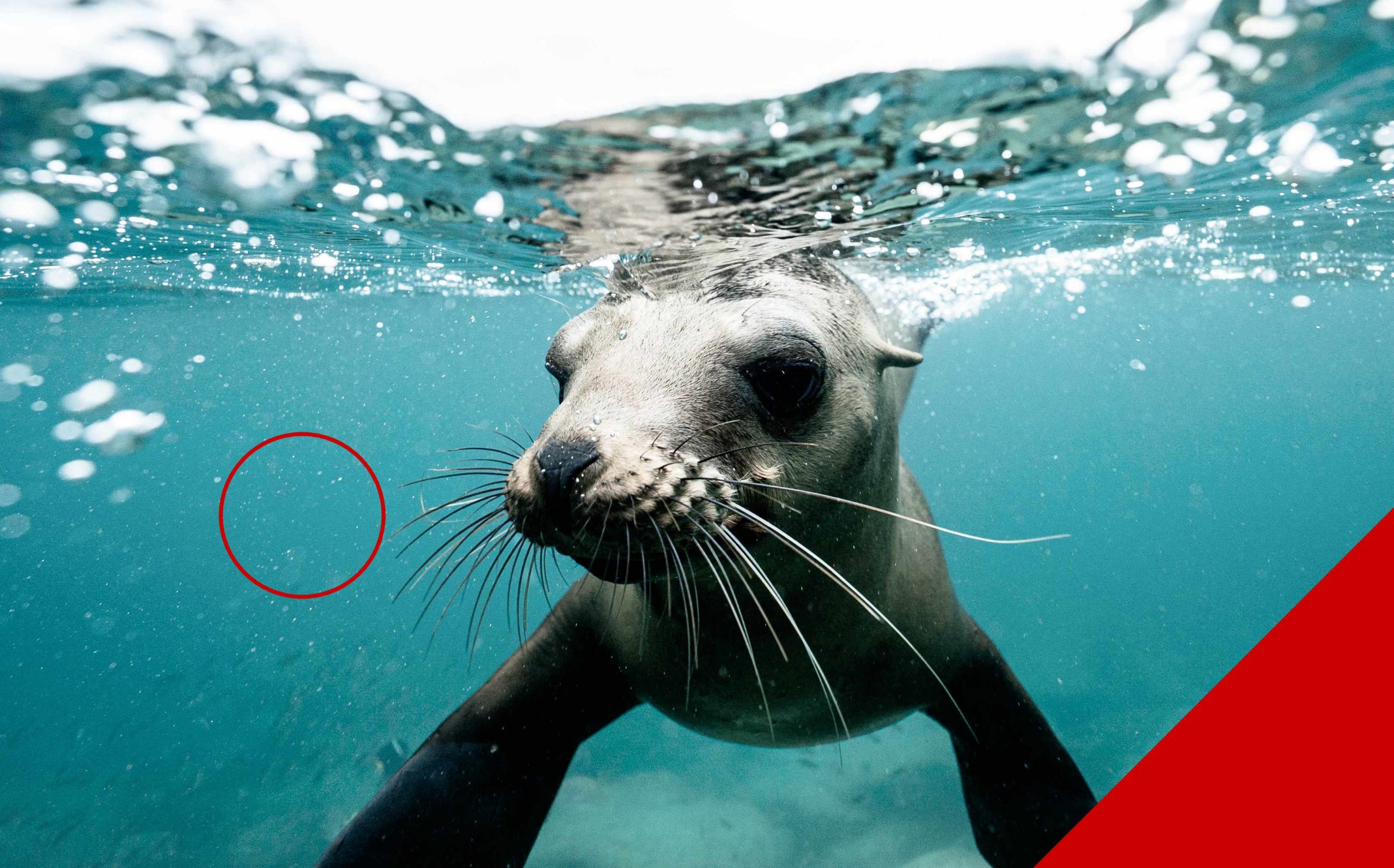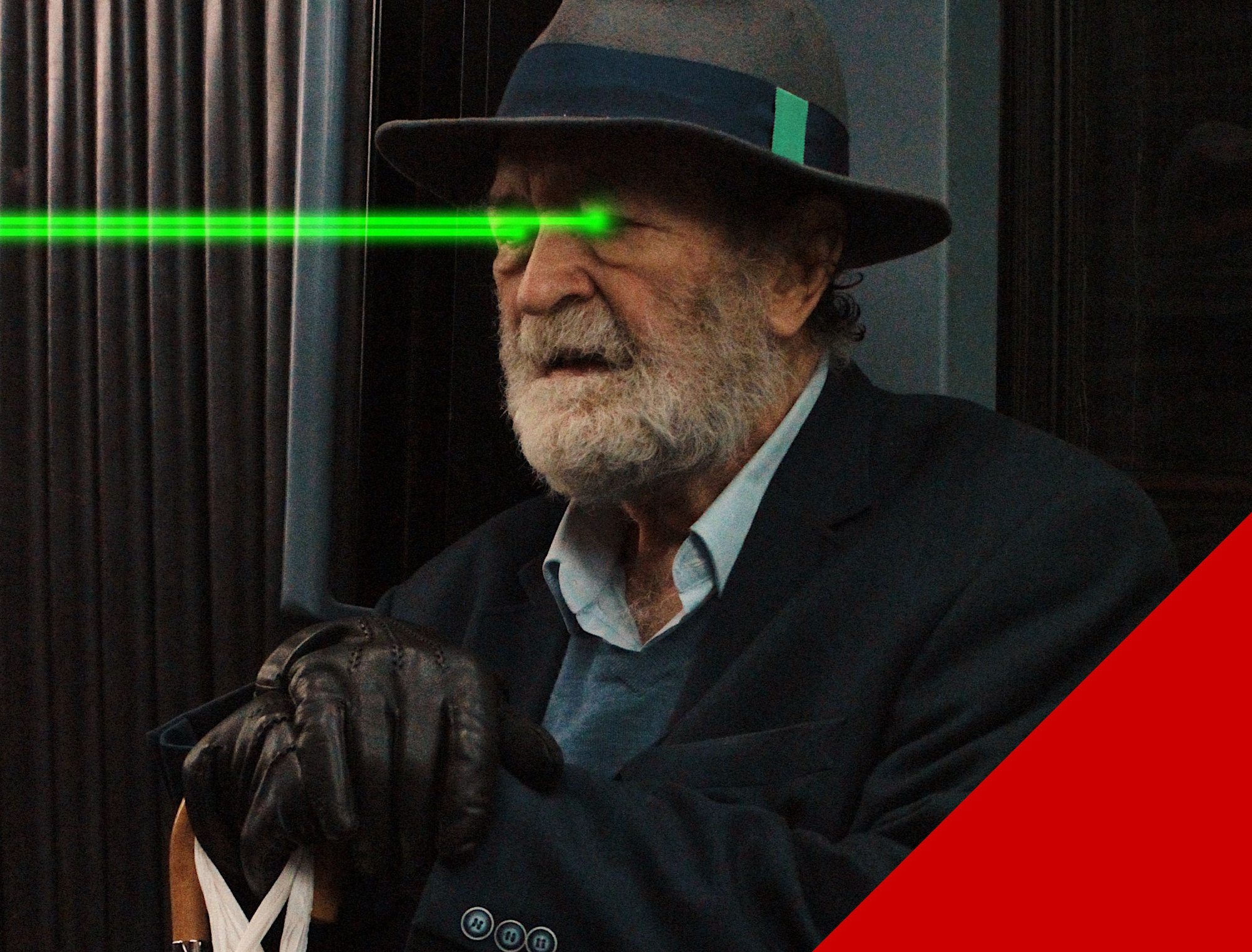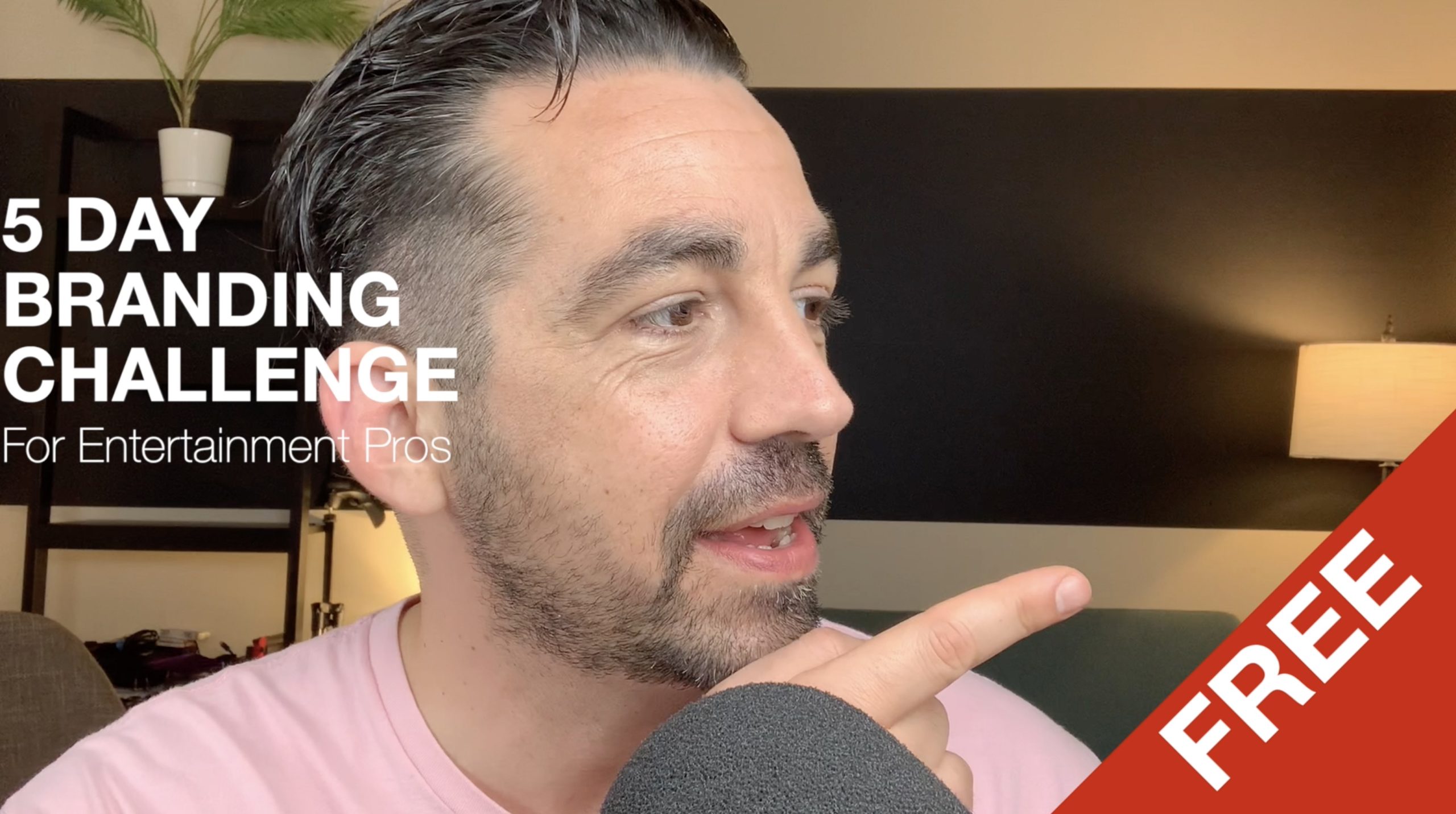
I’m writing today about pricing gigs. A client asks our price and we tell them a number. It sucks. The problem starts before this point. I mean problemZZZZ
- We are offering a partial solution
- We don’t know what we’re offering
- We don’t know what the prospect needs
- We don’t consider what more can be offered
- We don’t position ourselves as experts / guides
- We rush to offer a number
When I start talking to performers about this stuff, their eyes often glaze over initially. “I just want to ask for more money.” Well…
This is how to ask for a lot more money.
This is also how to avoid bad negotiations.
The ultimate pricing situation is value-based.
We’ll want to have a conversation with the client and understand what they need and what value we can provide. If I’m doing the same 45 minute puppet show for kids, my prices don’t change randomly. My prices change if it’s not the same…and usually, it’s not the same.
If we can provide less value than we did before, and we can operate on lower fees, we offer a lower price.
Most likely, we were undercharging before, so truly evaluating what we offer that’s special and powerful and valuable to a client can help communicate why we’re bombass.
Understanding value is a muscle built over time.
This isn’t about being sassy and saying “I’m worth it!”, this is about actually understanding what our service is worth and communicating it clearly. When we do this, the burden of “sales” is off our shoulders. Each time we focus on the value we can provide, we get better at noticing more value.
Have a discovery call with the client, find out their whole situation, then offer them a solution with a price. We don’t have to do it all in one call.
I’m non-adversarial with clients
If we’re working collaboratively with a client, we don’t charge a person in a mansion more than a person in a trailer park because they can afford more.
I repeat-
We don’t charge a person in a mansion more than a person in a trailer park because they can afford more.
We probably still charge the mansion dweller more, but it’s for a different reason. That reason: we offer them more value.
I would need to talk to the trailer park person first, but I’m assuming that most likely money is worth more to them than:
- Their reputation
- Getting a top-level performer
- Protecting their carpets
- Punctuality
- and a million other things…
So, we don’t need to offer them protection for all that stuff.
A more affluent person may value this stuff and if we can offer it to them, we’re offering them more. More is worth more.
Here’s the car wreck
Someone calls me up and says “Can you come sweep up a mess at the corner of Broadway and Oak?” “Yes” “How much is it?” “40 bucks” “OK!”
I’m screwing myself and them. What if it’s a five car pile up?
I’m going to need to get a tow truck to come and move cars. I’m over budget already. It’s gonna take me a long time.
What if I know CPR and the caller’s friend is about to die at the scene? If I ask a few questions, I might find out that I need to rush down there and help in a real way.
What if I know that leaving toxic waste at the scene will result in a $1000 fine and the caller doesn’t know that? If I ask questions and find out that there’s a waste spill, I could add on toxic waste cleanup and make and extra $500 maybe.





















